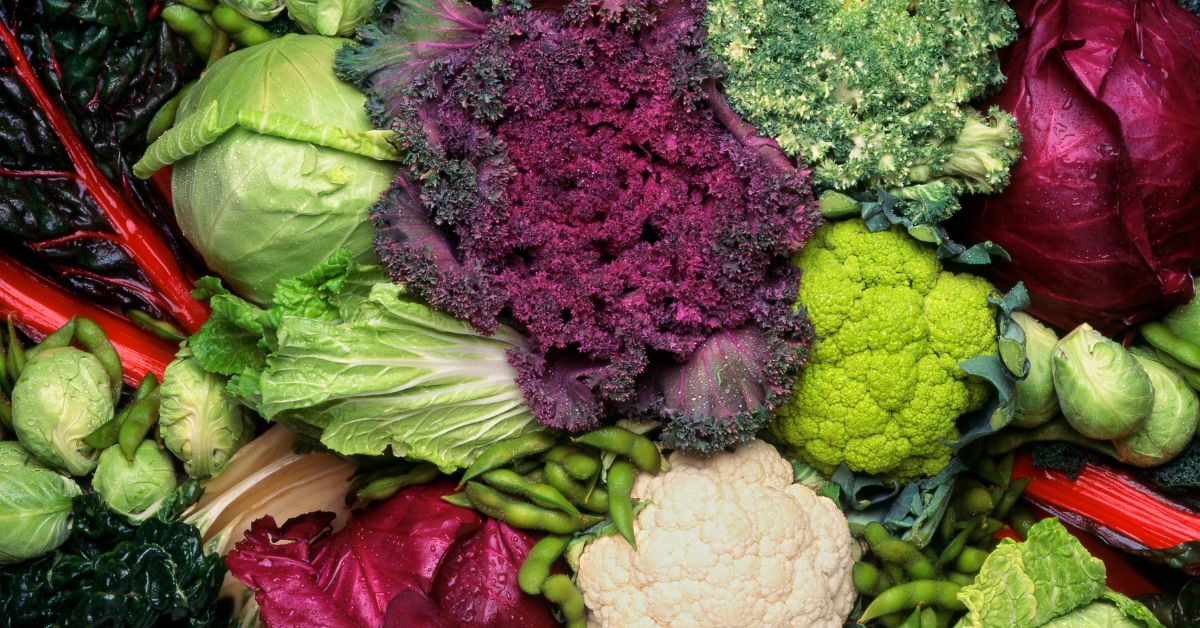The word “organic” refers to the way farmers process and grow agricultural products, including fruits, vegetables, grains, dairy products, and meat.
Organic food is cultivated in harmony with nature, without the use of synthetic fertilizers, medicines, pesticides, or genetically modified organisms (GMOs).
Organic foods are helpful not only to your health but also to the environment since they keep dangerous chemicals out of our land, water, and air, guaranteeing a healthy, nutrient-rich environment. How do you tell if a product is genuinely organic?
In Australia, Newly available is the Biological Farmers of Australia (BFA) guide to understanding organic standards, free and downloadable for consumers at aco.net.au
The guide is an easy reference for consumers to understand the entire certified organic system. Organic certification is when an organic certifying group audits business methods to ensure that they comply with strict national or international standards for organic farming.
Why choose organic food?
- There are countless reasons to buy organic. These include and are not limited to:
- -Organic foods contain more nutrients
- -Reduce and eliminate harmful chemicals from your diet
- -Range of health benefits
- -Free from GMOs
- -Strict certifying standards
- -Eat the highest quality and best tasting foods
- -Better for the environment
- -Improve soil quality, water purity, and biodiversity
- -Protect the health of farmworkers
- -Protect and ensure humane animal treatment
Many studies provide mounting evidence that the benefits of organic food are more nutritious than ordinary produce and may, in fact, improve health and lengthen people’s lives.

They also contain higher levels of antioxidants and flavonoids, which help ward off heart disease and cancer, and higher levels of beneficial minerals such as iron and zinc.
The European Union financed 12-million-pound, four-year research at Newcastle University, and the results reveal that organic food includes more antioxidants and less harmful fatty acids.
They discovered that antioxidant levels in organic cow milk were 50 to 80 percent greater than in regular milk. Non-organic wheat, tomatoes, potatoes, cabbage, onions, and lettuce had between 20% and 40% more nutrients than organic wheat, tomatoes, potatoes, cabbage, onions, and lettuce.
Fruit and vegetable test crops were grown organically and conventionally as part of the study effort. On a 725-acre plot, they also raised cattle.
“We have demonstrated that there are more of some nutritionally desired chemicals and less of the baddies in organic foods, or greater levels of the fatty acids you want and less of the ones you don’t want,” stated project coordinator Professor Carlo Leifert.
A number of studies have also shown that organic food contains higher amounts of vitamin C, calcium, magnesium, iron, chromium, and antioxidants. When people consume an organic diet, studies have shown that over a period of time, they become healthier, heal faster, have more energy, and get sick less often.
Organic food tastes the way food should taste, the way nature intended, and is suitable for your health and the environment.

